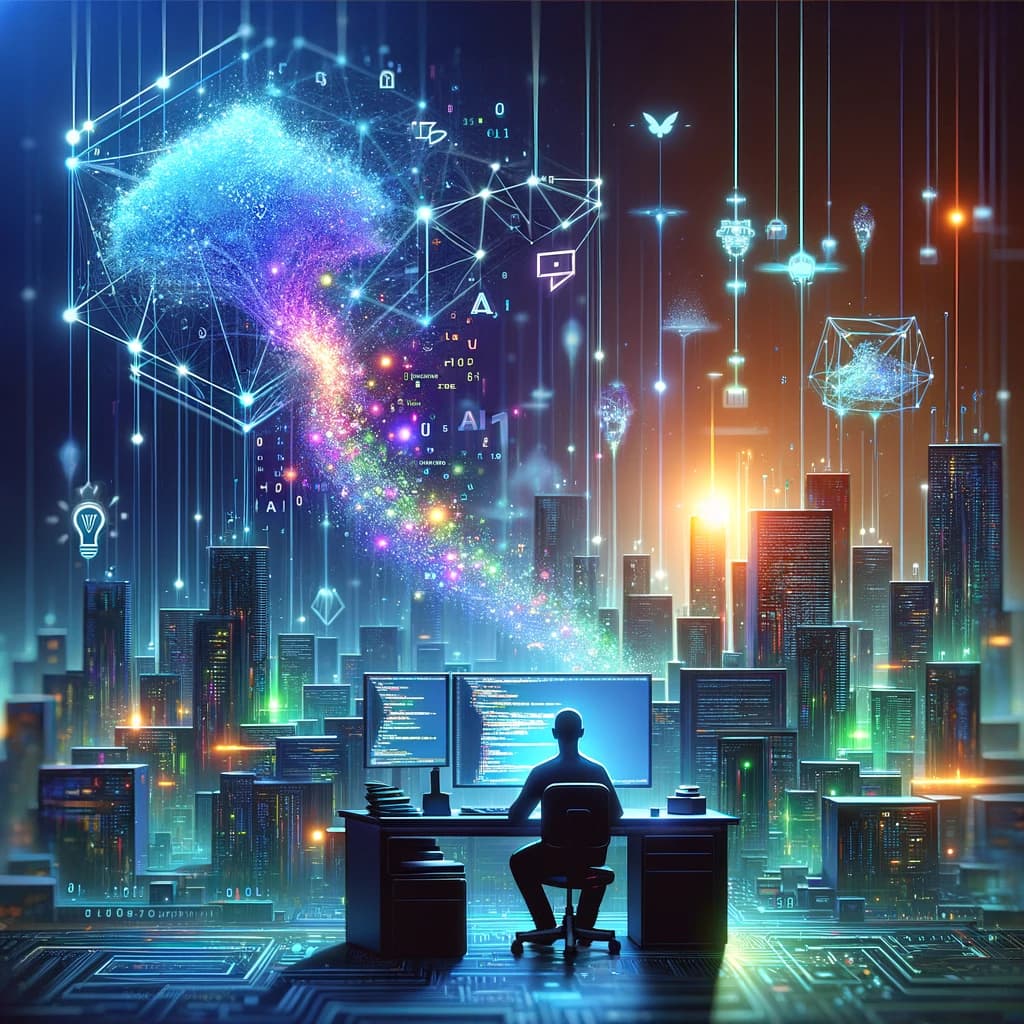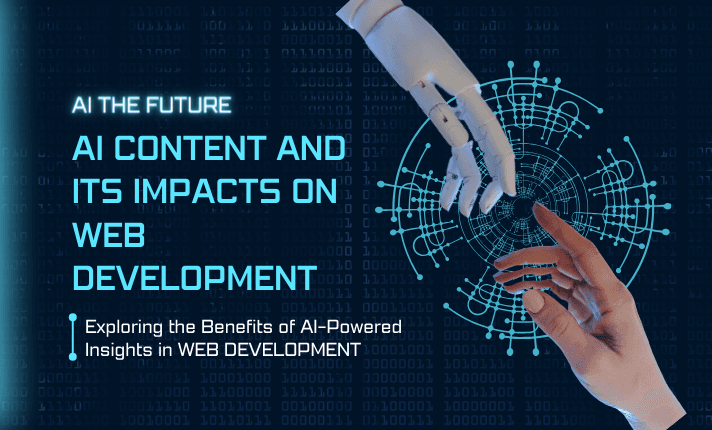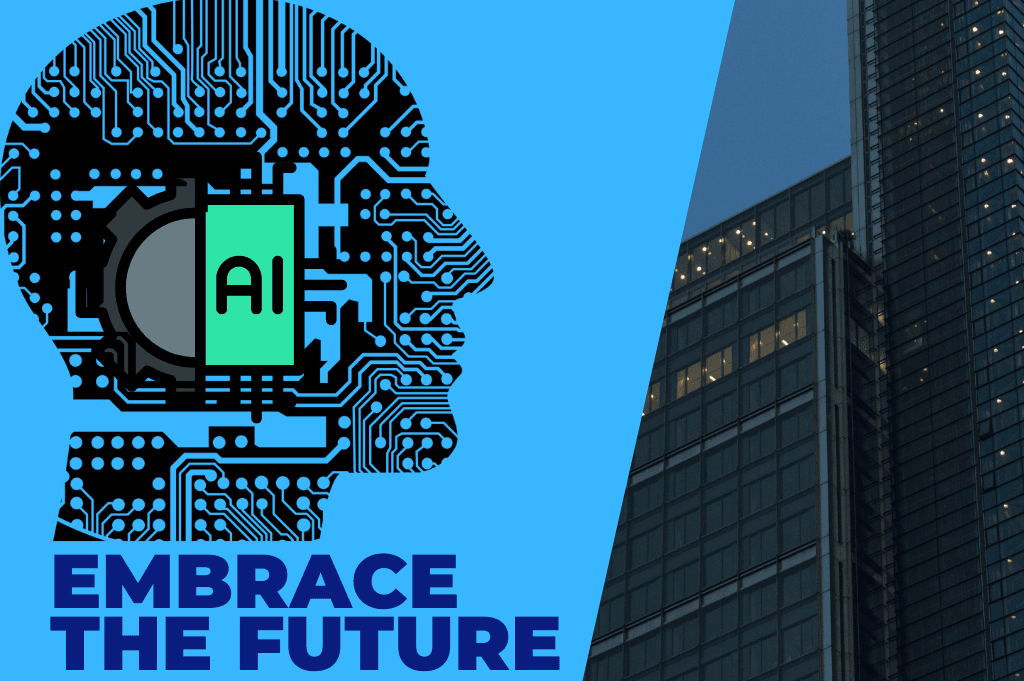
The Rise of AI-Generated Content in Web Development: A Game-Changer in Digital Landscape
Introduction
In today's digital era, the rapid advancements in artificial intelligence (AI) have revolutionized various industries, including web development. One of the most notable transformations is the rise of AI-generated content, reshaping how websites are created, managed, and optimized for online success.

Understanding AI-Generated Content
AI-generated content refers to text, images, videos, and other media produced with AI algorithms. These algorithms analyze data, learn patterns, and generate content miming human-like quality. From automated article writing to personalized product descriptions, AI is increasingly becoming a crucial tool in the arsenal of web developers and content creators.
The market for generative artificial intelligence (AI) is projected to experience substantial growth.
Worldwide AI Generative Revenue 2020-2032
Revenue | Year | AI Tools |
|---|---|---|
$14 billion | 2020 | Bard developed by Google |
$900 billion | 2023 | ChatGPT created by OpenAI |
$1.3 trillion | 2032 | Midjourney offered by Midjourney |
The Impact on Web Development
Enhanced Efficiency and Speed
AI-powered tools streamline the content creation process, significantly reducing the time and effort required to produce high-quality content. Tasks such as writing blog posts, generating product descriptions, and optimizing website copy for search engines can now be automated, allowing developers to focus on more strategic aspects of web development.
According to a report by Gartner, "By 2025, 30% of all content will be created by machines."
Personalization at Scale
Personalized content is key to engaging today's digital audience. AI algorithms analyze user data, such as browsing history and preferences, to deliver tailored content in real time. This level of personalization not only enhances user experience but also increases conversion rates and customer satisfaction.
Improved SEO Strategies
AI-generated content aids in crafting SEO-friendly content that ranks higher in search engine results. Natural language processing (NLP) algorithms help identify relevant keywords, optimize meta tags, and create compelling content that resonates with both users and search engines.
According to a study by BrightEdge, "Organic search drives 53.3% of all website traffic."
Challenges and Ethical Considerations
While AI-generated content offers numerous benefits, it also poses challenges and ethical considerations that must be addressed:
Quality Control and Authenticity
Ensuring the quality and authenticity of AI-generated content remains a challenge. While AI algorithms can mimic human-like writing, they may lack the creativity, context, and emotional intelligence that human writers bring to the table. Developers must implement robust quality control measures to maintain the integrity of content.
Ethical Use of Data
AI relies on vast amounts of data to generate content, raising concerns about data privacy and security. Developers must adhere to ethical guidelines and regulations to safeguard user data and ensure transparency in how it is collected, stored, and utilized.
Combatting Misinformation and Bias
AI algorithms can perpetuate misinformation and bias if not carefully monitored and trained. Developers must implement safeguards to identify and mitigate inaccuracies, prejudices, and misleading information in AI-generated content.
Future Outlook

Despite the challenges, the future of AI-generated content in web development looks promising. As AI technologies continue to evolve, we can expect more sophisticated algorithms that produce content indistinguishable from human-created content. Additionally, advancements in natural language generation and understanding will further enhance the capabilities of AI in content creation and personalization.
As Elon Musk said,
"AI is a fundamental risk to the existence of human civilization."
While this statement may seem alarmist, it underscores the importance of approaching AI development with caution and foresight, ensuring that its benefits outweigh its risks.
Conclusion
The rise of AI-generated content is reshaping the landscape of web development, offering unprecedented opportunities for efficiency, personalization, and SEO optimization. However, developers must navigate challenges such as quality control, ethical considerations, and combating misinformation to leverage the full potential of AI in content creation. With careful implementation and innovation, AI-powered tools will continue to revolutionize how websites are created, managed, and optimized for success in the digital age.